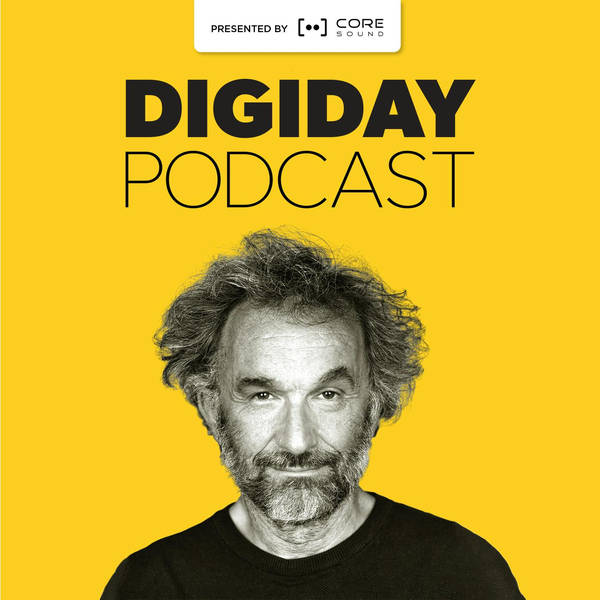
Daily Maverick founder Branko Brkic on the hard-hitting journalism that sells memberships in South AfricaBranko Brkic
Paywalls and digital subscriptions may be on the rise at digital media companies around the U.S., but South Africa presents a different case.
"Our competitors went behind paywalls, and they didn't have a good experience," said Branko Brkic, founder of the South African online news site Daily Maverick, which covers politics and business from their newsroom in Johannesburg.
"You can't debate the issue that you need income from your readers to be part of your stream of income. But we really do not believe that the paywall is a way to go," Brkic said on the Digiday Podcast.
The site instead relies on a model akin to the Guardian's — make the content free, but ask your readers for support at every turn.
"What we say with Maverick Insider is 'help us actually make this possible for people who cannot pay. Be part of something bigger, be part of something really beautiful,'" he said. "It's an emotional decision."
And in Brkic's telling, it's worked. Over last two years, the company has gained 13,000 paying members, each paying at least 75 South African Rand (or about $4.50) per month.
The site drew 4,500,000 this past May, its highest monthly figure.
Brkic founded the Daily Maverick in 2009, the year after the financial crisis decimated the digital advertising market and taking his previous publication — a magazine simply named Maverick —out of commission in December 2008.
The day it was announced that they were going out of business, Brkic said he began designing Daily Maverick. Employees of the defunct Maverick joined the enterprise.
The magazine's online successor delivers shoe leather reporting in a country with insular news organizations and reporters who failed to go beyond stenography. "What South African media for many, many years got used to is basically going to press conferences," Brkic said. Brkic's bolder take on journalism included an award-winning investigation into the police killing of 34 striking miners in 2012.
"South African people need to know the truth," Brkic said. "And as matter of principle, I really don't think we should let only people that have a checkbook be able to know what the truth is."
